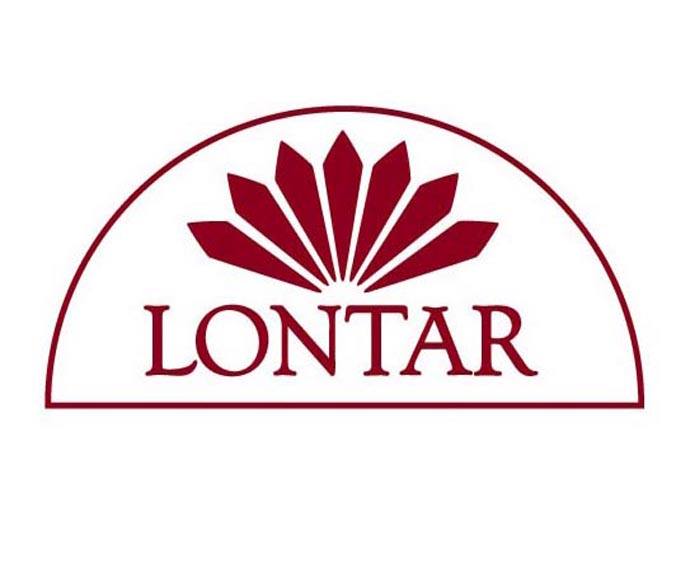One year after the onset of the Covid-19 pandemic, any semblance of normalcy remains far from the case in Indonesia, despite the reduced rate of Corona virus infections and deaths around the country. In June of last year the National Covid-19 Task Force classified 58% of the 514 cities and regencies it surveyed as low-risk or Covid-free zones. But now, 10 months later, health protocols and travel restrictions continue to be imposed in high-risk areas such as in densely-populated Java, Bali, and parts of Sumatra. Even so, the government has gradually allowed places of worship and selected business districts to open up, albeit with continued restrictions and limited attendance. And with teachers sharing the same priority status as health workers in the national vaccination program, the government is even considering opening up schools, particularly in “green” or low-risk areas. This announcement has led to heated debate. Some educators, worried about how online learning has lowered student competency levels, support the move to resume face-to-face teaching. Others, however, and many parents as well, are not convinced the schools are properly equipped to ensure the safety and health of the students. The Education and Culture Ministry says it will allow schools to reopen but has left it to local authorities to make the final decision, with the caveat that should any new Covid cases emerge, the school in question will be immediately shut down again.
In the midst of this uncertainty, some innovative educators have come up with ways to bridge the gap between the unsatisfactory system of schooling from home and classroom teaching. One such proposed program is called hybrid learning, which combines at-home learning with teachers’ making regular visits and limited classroom work. While waiting for the pandemic to end and for schools to reopen up, this could be a good, if only, temporary solution but such a program would entail increased funding. The pertinent question here is whether local authorities are prepared to go along with this innovative plan.
Funding is a serious problem facing not only schools but other institutions as well that are involved in the promotion of literacy, Lontar included. While we hope that you, our readers, will support greater spending for the improvement of Indonesia’s educational system, we hope that you will also lend your support to the translation and publication of Indonesian literary texts and other books about Indonesian culture.
Yuli Ismartono
yismartono@lontar.org
